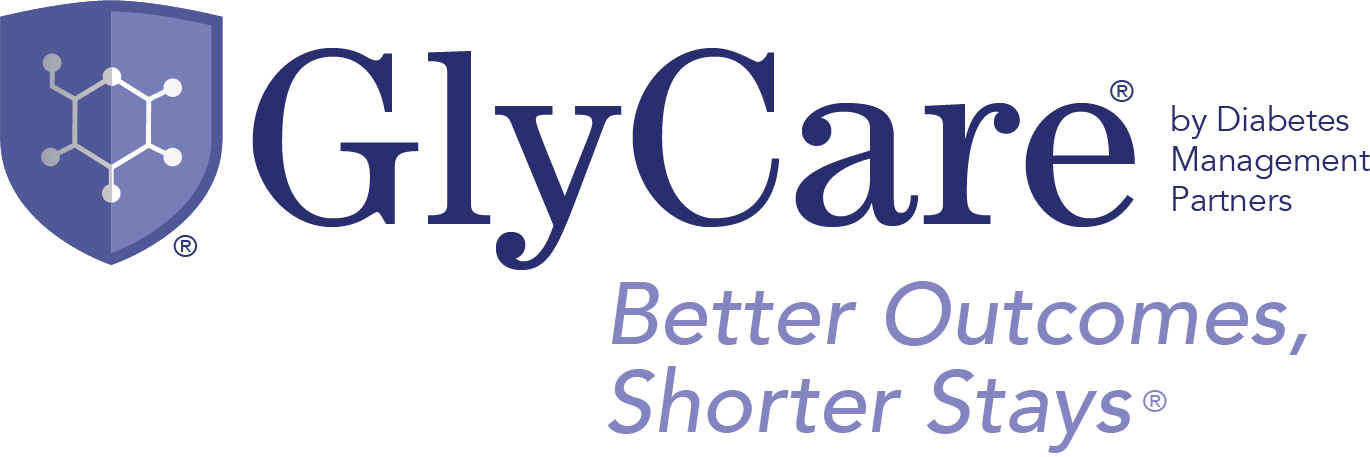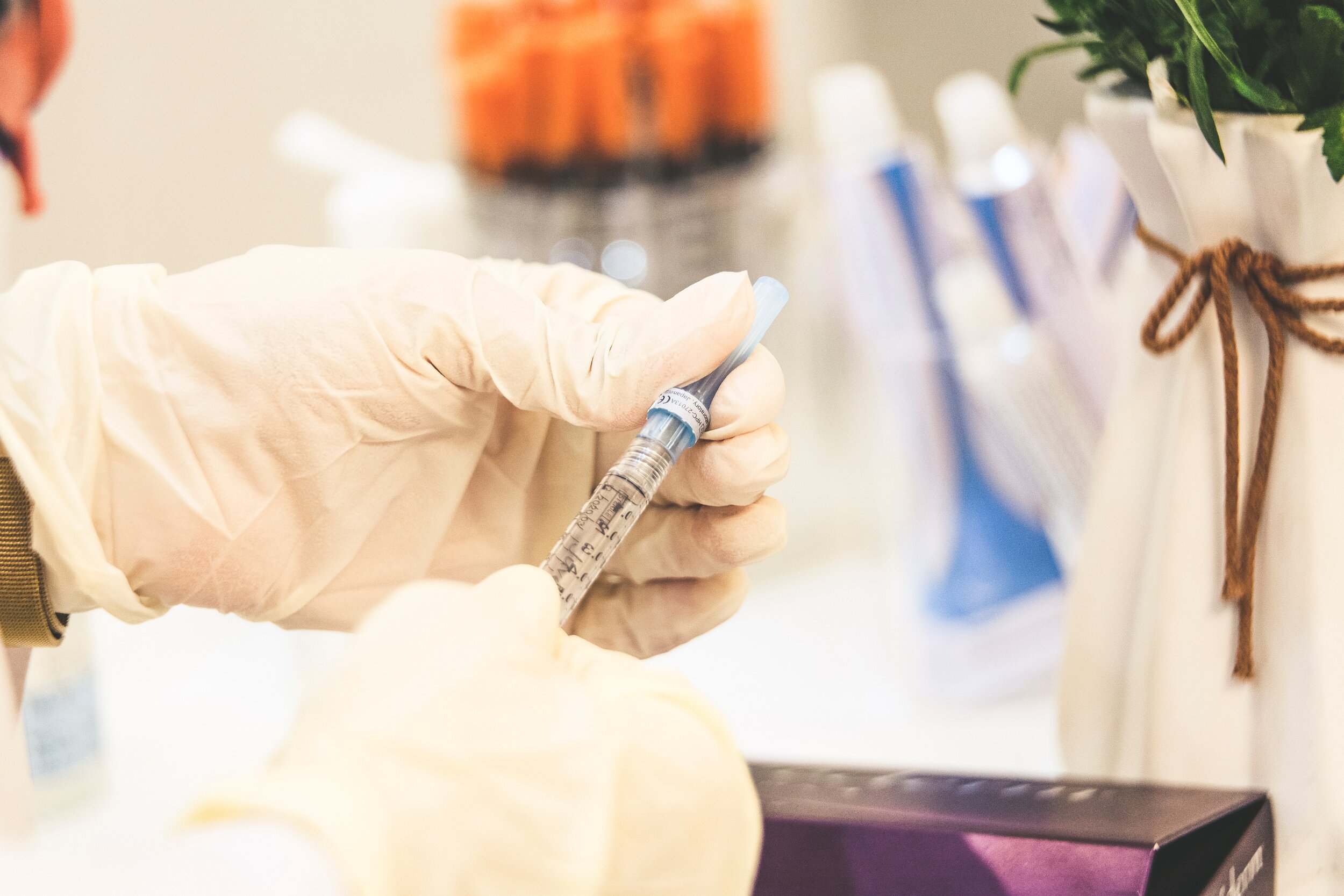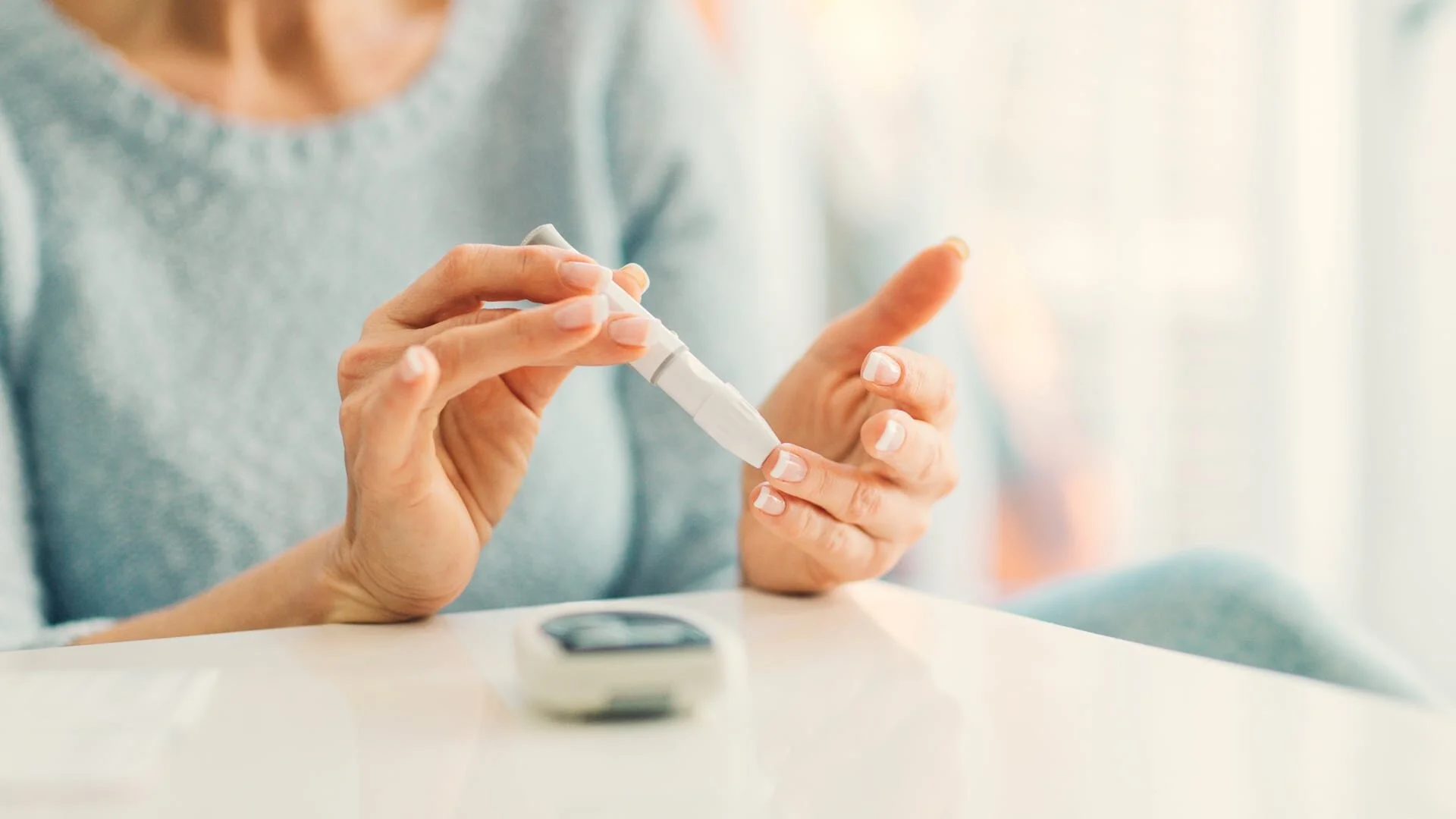Sliding Scale Insulin Alone Versus Scheduled Insulin Regimens
Learn how a diabetes management team, such as GlyCare, can help in the prevention of glucose abnormalities by using the consistent application of evidence-based, safe, conservative algorithms in combination with patient-centered care to formulate an appropriate care plan for each patient.
Celebrating Healthcare Quality Week
Healthcare Quality Week is a time to recognize the progress made by healthcare professionals towards the improvement of patient outcomes and to prepare for challenges that have yet to arise. This week I would like to recognize the GlyCare team for their unwavering dedication to high-quality diabetes care.
Telehealth for Chronic Disease Management
Telehealth services have become more widely accepted and utilized since the beginning of the COVID-19 pandemic. Laws and payor reimbursements have been modified to accommodate the nation’s need for telehealth services. The Community Preventative Services Task Force (CPSTF) recommends telehealth interventions for chronic disease management. Telehealth interventions have been found to improve several aspects of chronic disease management, including medication adherence, clinical outcomes, and dietary outcomes.
Mood Changes and Diabetes
Mood changes are a common experience in people with diabetes. These mood changes can be accredited to various factors including rapid changes in blood sugars, the stresses of managing a chronic illness every day, or depression. It’s important to understand how to support positive mental health, as well as how to recognize signs of depression in order to seek help if needed.
The Connection Between Sleep Deprivation and Diabetes
Sleep deprivation is a significant risk factor for type 2 diabetes, yet it is often overlooked. We typically focus on things such as family history, eating habits, and weight, but both quantity and quality of sleep are also factors in the development of type 2 diabetes. Furthermore, people with diabetes are more likely to have a sleep disorder causing sleep deprivation. Lack of sleep in relation to diabetes is a vicious cycle of one causing the other.
Corticosteroids for COVID-19 & Hyperglycemia
Dexamethasone, a corticosteroid, has become common for the treatment of COVID-19. Corticosteroids can cause hyperglycemia in patients with and without diabetes. Corticosteroid-induced hyperglycemia can be challenging but necessary to treat for the body to heal properly and to prevent further complications. A glycemic management team like GlyCare can help control blood glucose levels for these patients.
Understanding the 2020 DSMES Consensus Report
Diabetes education is a key component of the successful management of diabetes. The diabetes self-management education and support (DSMES) Consensus Report was just released and includes key information for healthcare providers in addressing needs for type 2 diabetes education. The report addresses potential solutions to access and utilization barriers, as well as discussing methods of improving health, clinical care, and education services and reducing diabetes-associated per capita health care costs.
An Innovative Method for Hospital Cost Savings While Elective Surgeries Are Down
Elective surgeries have been and in certain cases still are postponed due to COVID-19. Elective procedures bring in anywhere from 40-60% of a hospital’s overall revenue. An estimated loss of $202.6 billion for hospitals between March 1, 2020 to June 30, 2020 was reported by the American Hospital Association. One of the largest health systems, Johns Hopkins University, was originally projected to bring in $72 million but is now expecting to lose $100 million. With hospitals in a cash crunch, it is imperative to manage costs in other areas.
How Hospitals Can Prepare for the 2nd Wave of COVID-19
Doctors are currently speculating about when the second wave of COVID-19 will arrive. As we now well know, people with chronic diseases are at a greater risk of complications from COVID-19. Proper management of chronic diseases and keeping them at bay are key to minimizing the devastating effects of COVID-19. Diabetes is one such chronic disease that needs to be managed properly.
How GlyCare Can Help with Physician Burnout
Burnout is costing the U.S. approximately $4.6 billion yearly for costs related to physician turnover and reduced clinical hours. One senior VP recounts conducting root cause analyses after each serious adverse event and the responses from the healthcare teams always started out explaining how busy they were due to the high census. GlyCare can help provide healthcare teams relief and reduce their burdens through specialized diabetes care.
GlyCare Can Help Reduce 30-Day Readmission Rates
Hospitals are penalized by CMS for having too many hospital readmissions. In fiscal 2020, CMS will penalize approximately $563 million in payments to hospitals. Out of the hospitals evaluated, 83% will receive a penalty. This is an astounding amount, but it does not need to be this way. Glycemic abnormalities can lead to complications, which lends to readmission rates. With specialized glycemic management teams, GlyCare can help hospitals lower these rates.
How GlyCare Can Benefit Rural Hospitals
People who live in rural areas are more likely than urban residents to have higher rates of unhealthy behaviors and less access to healthy foods and health care. Rural populations also have higher rates of diabetes which we all know leads to higher rates and greater severity of heart disease and stroke among other complications. GlyCare can help reduce the shortage of medical specialties in rural areas with specialized diabetes care via virtual health.
How GlyCare Can Positively Impact COVID-19
Hospital censuses have currently taken an overall hit on non-COVID-19 patients. While not officially predicted, it only makes sense that the censuses will experience a dramatic increase once the coronavirus pandemic begins to settle down. Proactive planning is key to reducing morbidity, mortality, and other undesirable effects. Glycemic management teams like GlyCare can help reduce anticipated burdens on hospital physicians.
How Glycare Can Positively Impact COVID-19
The United States currently has the most confirmed cases of COVID-19 (CDC, 2020). People with underlying health conditions such as diabetes are at a higher risk of experiencing serious complications from COVID-19 (NCIRD, 2020). Diabetes management groups, such as GlyCare, can help avoid or lessen such complications by managing the blood sugars of patients with diabetes.














